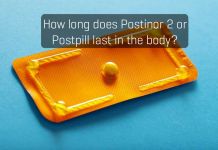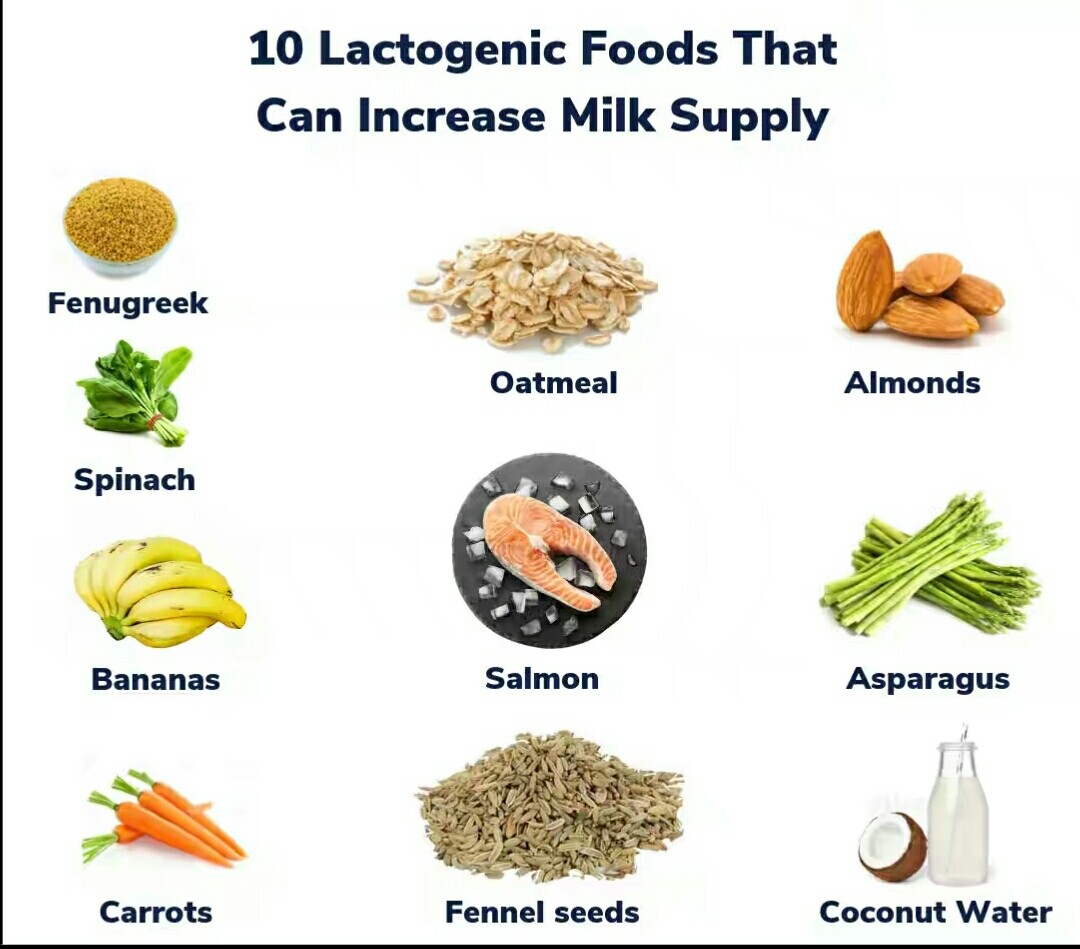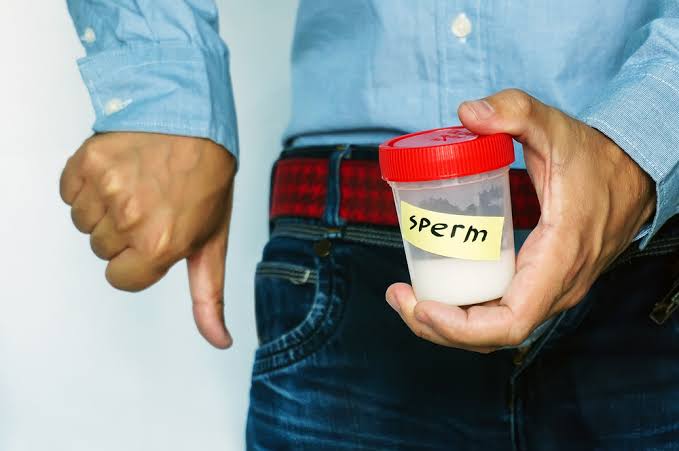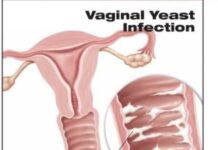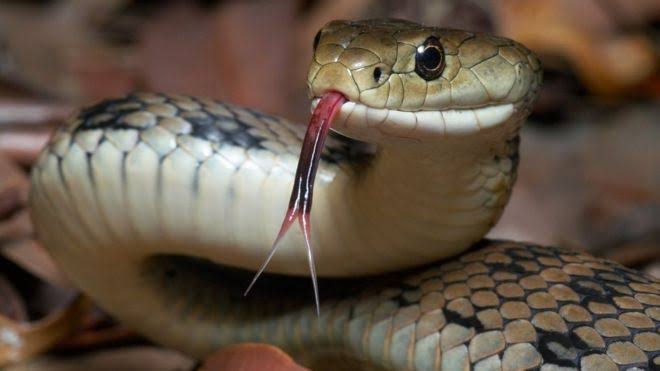The new vaccine was unveiled at a national forum on promotion of Anti-Snake Venom (COVIP-Plus) for commercialisation organised by NOTAP and ACEPRD, yesterday in Abuja.
Speaking at the forum,the chief inventor and the leader of the Centre, Prof. John Aguiyi, said the concept of the invention was borne out of the desire to provide affordable and available anti-snake vaccine for Nigerians, especially farmers.

According to him, the innovation is aimed crashing the cost of treatment of snake bite. “We have seen the prices, one vive for N32,000 for the monovalent, the polyvalent goes for N52,000.
In a very serious situation, you need from five to 10 vials. It becomes imperative that we develop something for our own use from local source and that is what we have done,” he explained.
He further informedthat the product was ready and awaiting NAFDAC’s approval for clinical trial, which is the only certificate it needs before it can be commercialsed and be made available.
‘‘I am happy to say that what we have today proven not to have any of such adverse effect at least in the animals for now. By the time we carry out the clinical trials, we should be able to establish whether such adverse effects are found in humans or not.
“It is the first in the world because going through the literatures, you will not find a plant derived anti-snake vaccine. That is what made it to be unique. It was not a day’s journey, it took almost 24 years with potency and endurance”, Aguiyi explained.
He therefore called on government, private sector, pharmaceutical companies and NAFDAC to partner with ACEPRD and NOTAP in the effort to commercialise the product.
Meanwhile, the statistics of snake bites obtained from some medical centres across the country indeed show a steady rise, with the Kaltungo General Hospital, Gombe, for instance recording an average of 16 to 20 cases everyday.
Records from the hospital showed that between 2005 and 2010, a total of 12,398 snake bites were reported, with 55 deaths recorded. Many of the victims were from Gombe, Bauchi, Taraba and Adamawa States.
This breakthrough is long awaited and it is a welcome development.




